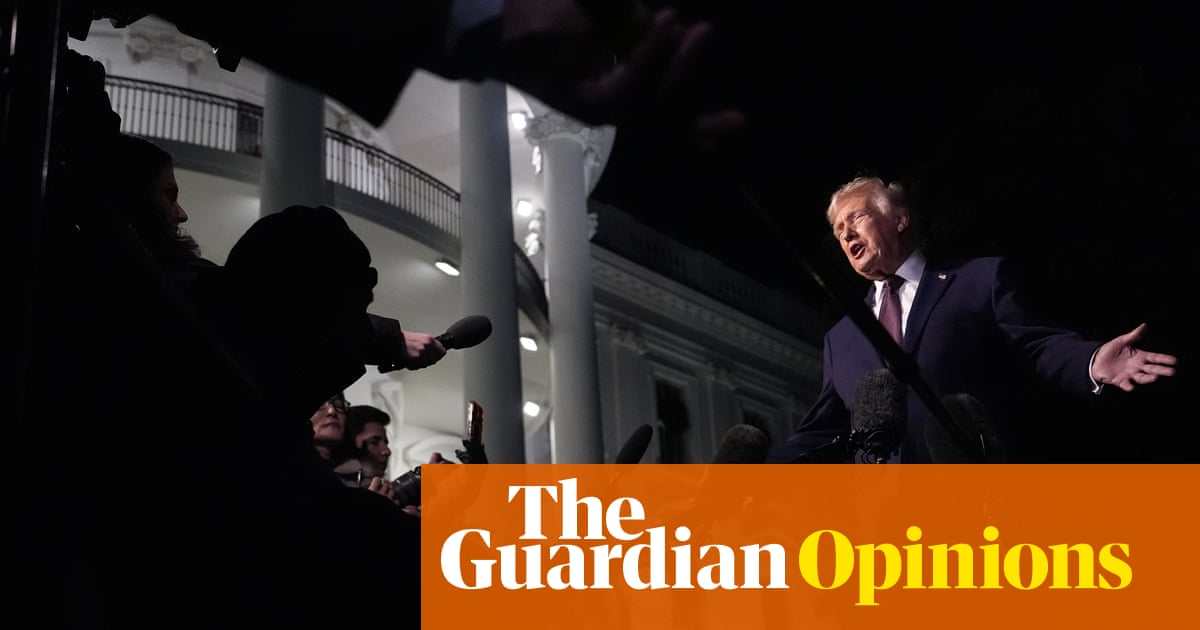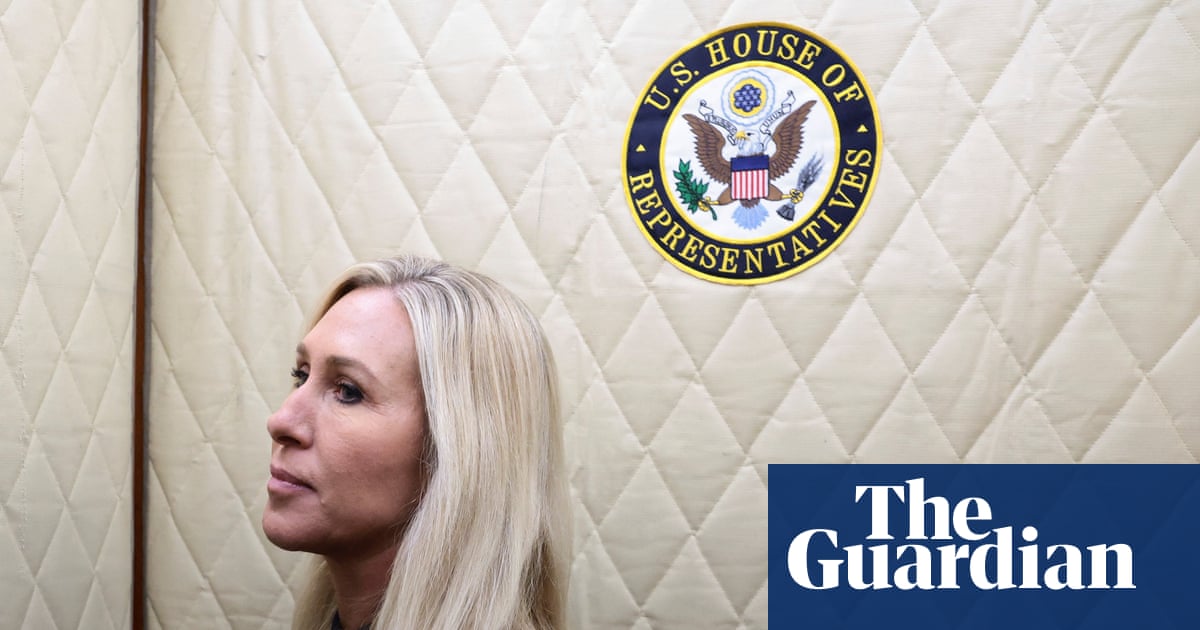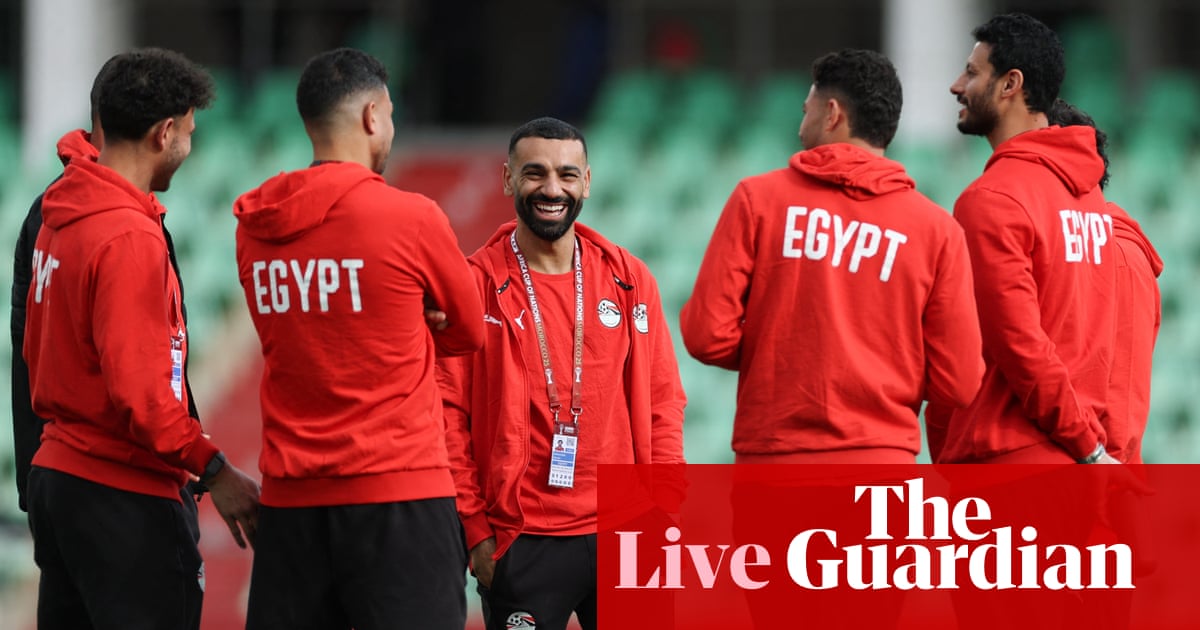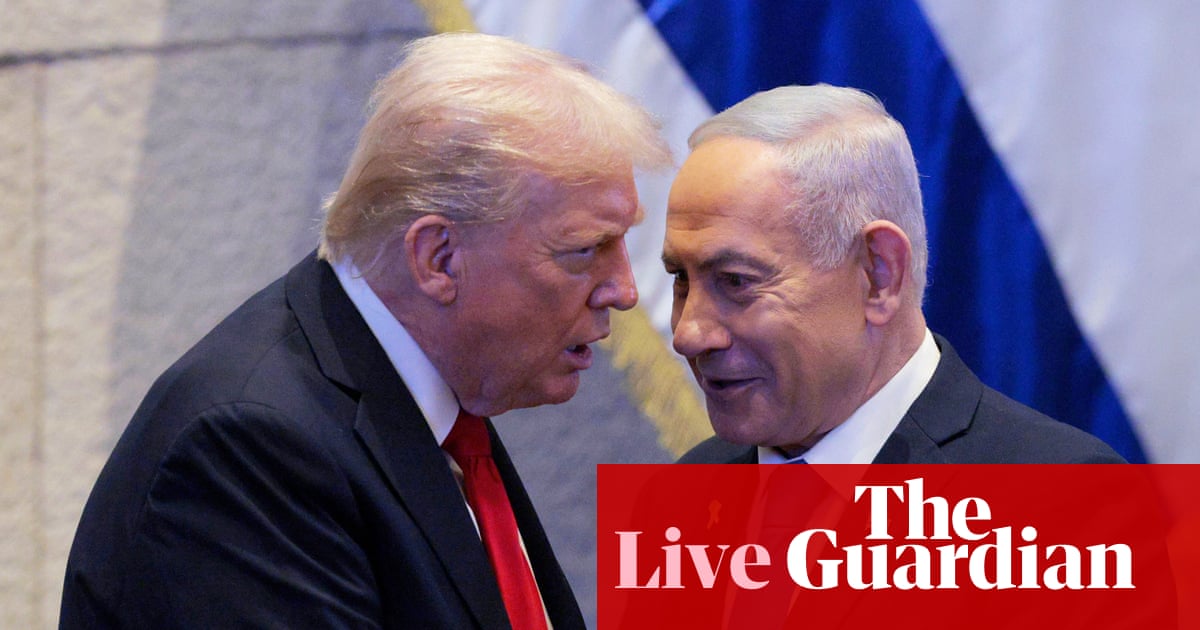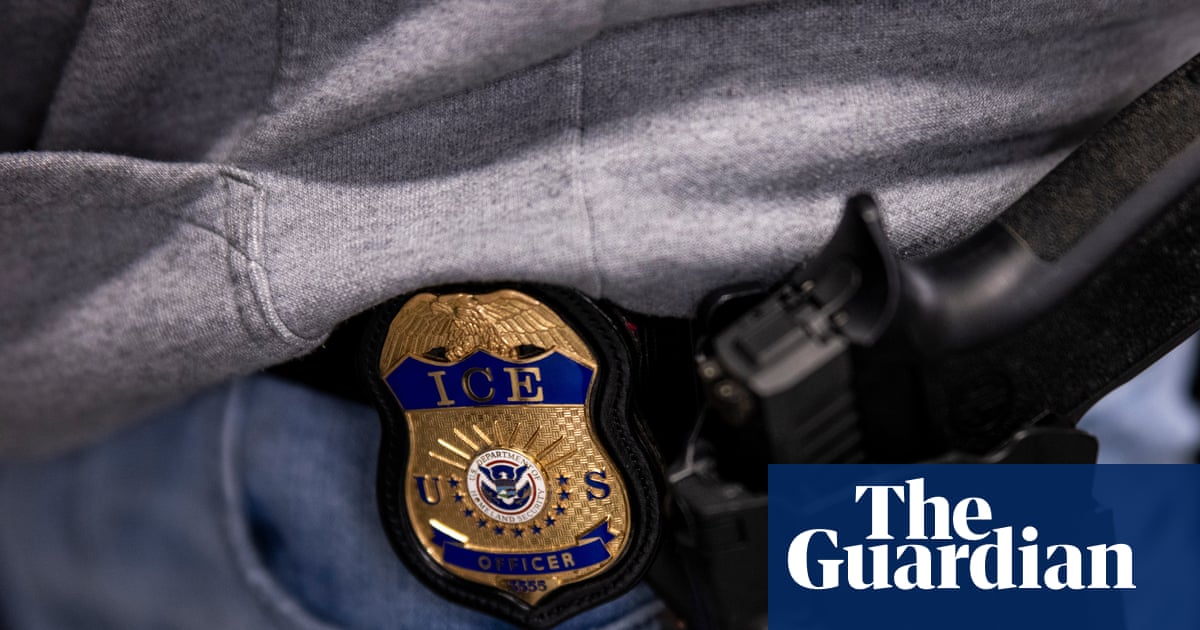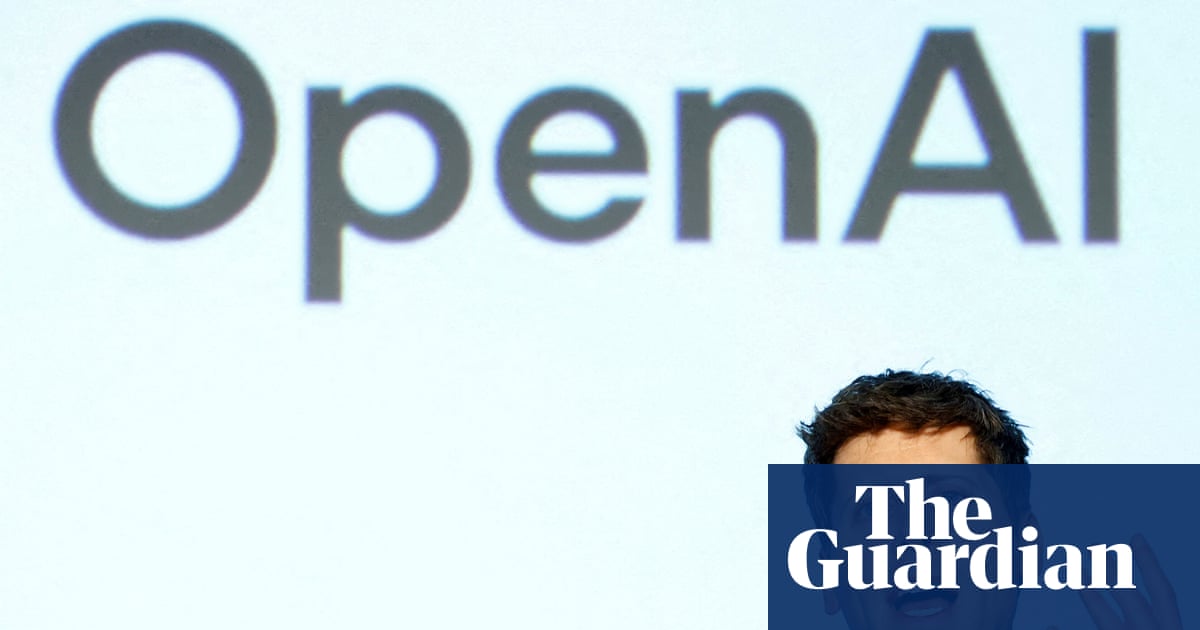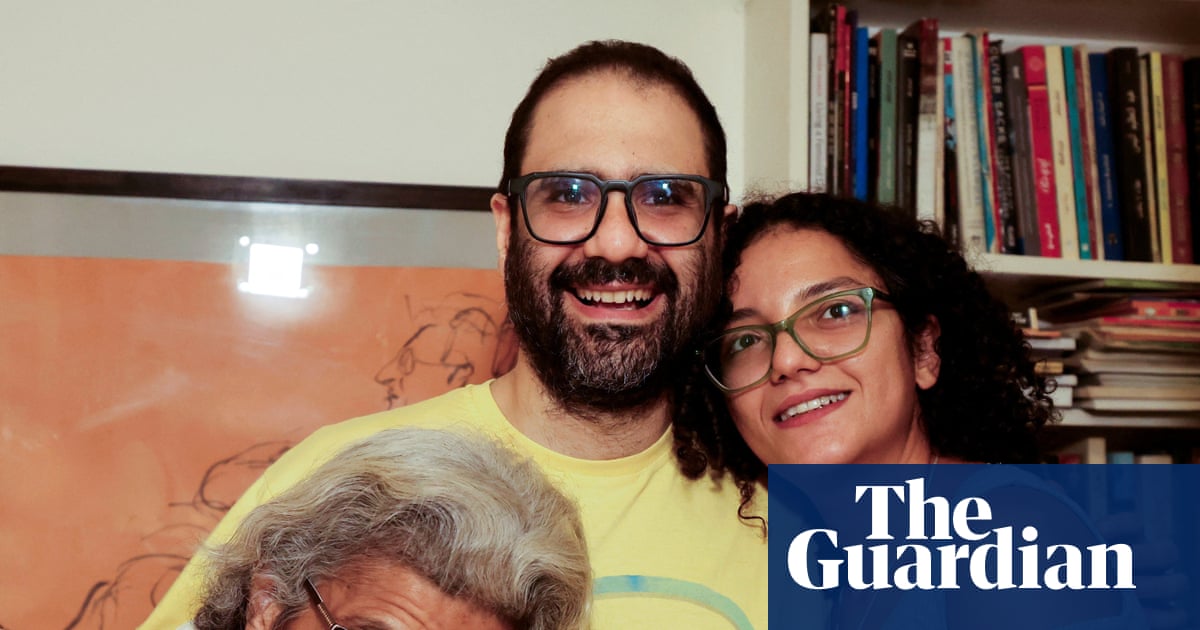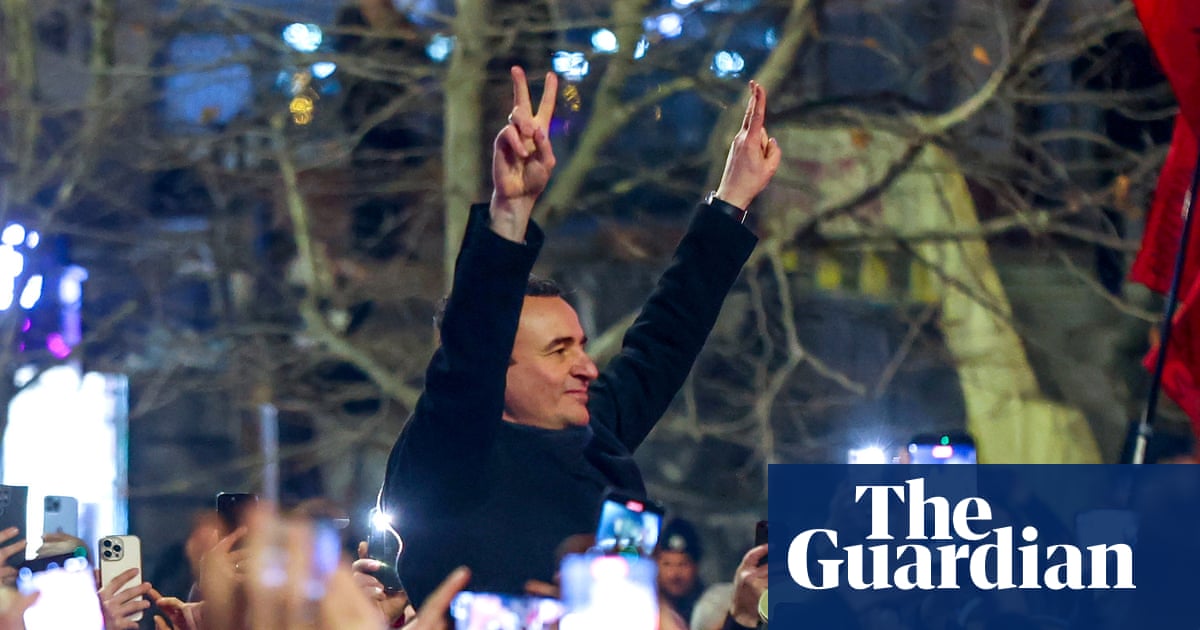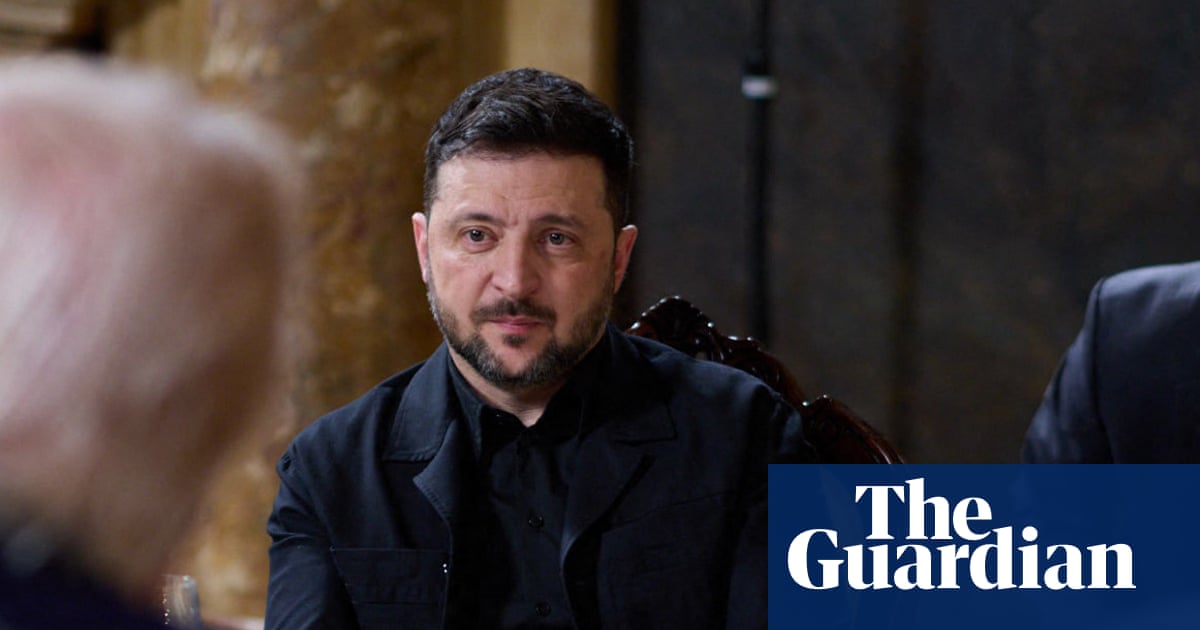World Tour cycling teams may refuse to race against Israel-Premier Tech following the multiple protests during the Vuelta a España that exploded into street violence in central Madrid on Sunday.
Sources within rival teams have expressed their dismay to the Guardian at the refusal of the team to withdraw from the Vuelta and the lack of protection from the International Cycling Union (UCI) for its own commercial and sporting interests.
Michal Kwiatkowski of Ineos Grenadiers, the former world road race champion, was among those to publicly criticise the UCI for its lack of action during the Vuelta. He posted on social media: “If the UCI and the responsible bodies couldn’t make the right decisions early enough, then long-term, it’s very bad for cycling that the protesters managed to get what they wanted.
“From now on, it’s clear that a cycling race can be used as an effective stage for protests and next time it will only get worse, because someone allowed it to happen and looked the other way.”
The three-week Vuelta a España, the final Grand Tour of 2025, was characterised by multiple pro-Palestine protests, which caused crashes that forced two riders to quit the race, several changes to stage finishes and distances, and the cancellations of podium ceremonies.
A huge protest forced the abandonment of the final stage and the cancellation of all the planned celebrations. But it was also a glimpse of one possible future for World Tour road racing if the Israel-Premier Tech (IPT) team continues to compete.
For the Vuelta itself, the race has been catastrophic, as increased policing costs aligned with lost television audiences, disenchanted sponsors and stage-winning riders, including Kwiatkowski’s team-mate Egan Bernal, being denied their moment of podium glory.
On Sunday evening, in the car park of their team hotel in suburban Madrid, Jonas Vingegaard, Joāo Almeida and Tom Pidcock, the top three finishers, stepped on to a makeshift podium of drinks coolers, and sprayed each other with champagne. It wasn’t quite the sunset podium on live TV that they and their sponsors had expected after three weeks of tumultuous, fractured and occasionally dangerous racing.
“It’s a shame that a moment for eternity was taken away from us this way,” Vingegaard, the victor, said of the Madrid finish cancellation. “I’m really upset about it. Everyone has the right to protest, but only without influencing or endangering our race.”
Yet in little more than a fortnight, an initiative which began targeting the participation of the IPT team in the race, morphed into a far bigger anti-Israel protest movement.
With further protests promised for other races, including next year’s Tour de France start in Barcelona, the European racing scene is now in a bind. There were also demonstrations on Sunday in Canada, at the one-day GP Montreal, where a large yellow sign accused the IPT team of being an “ambassador of genocide”.
Although there was a growing sense in the peloton that the team owner, Sylvan Adams, and his riders should have pulled out of the Vuelta, Adams steadfastly refused, saying acceding to a request from the race organiser, ASO, to withdraw would have seen no end to the protests against them and potentially other teams.
“They asked us to quit the Vuelta, but we did not surrender to the terrorists,” Adams said during the race. “I told them that they were wrong and that we had the right to stay.”
Adams’s stance was welcomed by the Israeli prime minister, Benjamin Netanyahu, while the billionaire team owner said he had also received support from the UCI. Israel-Premier Tech declined to comment on the latest suggestion that teams may not race at events where their riders participate.
after newsletter promotion
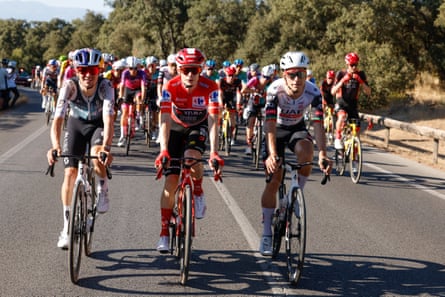
Occasional protests by disgruntled fisherman and farmers have long been part of the Tour and, for the most part, tolerated by the race organisers. However, in a sport now heavily reliant on nation-state sponsorship and branding, politicised mass protest, no matter how peaceful, will not be.
Unlike stadium-based sport, road racing – in need of public goodwill – remains uniquely vulnerable to protest and disruption on almost every kilometre of the route. Fully securing 175km of French, Italian or Spanish countryside is logistically impossible and prohibitively expensive. It also goes against the positioning of cycling as a free “people’s festival”.
Richard Plugge, Vingegaard’s team manager at Visma-Lease a Bike and one of the most influential World Tour bosses, said on Sunday evening: “These days, sport is used as a platform for addressing social issues. But the participants must be protected. They must not become victims of this social debate.
“That debate must be kept out of the athletes’ arena at all times. Athletes must be able to fight their battles unhindered in the stadium, or in our case, on the road. Otherwise, the unifying essence of sport will be jeopardised.”
The UCI declined to comment on its handling of the situation, instead praising race organisers professionalism in the face of the protests and criticising the Spanish government. In a statement, it noted its “total disapproval of and deep concern about the events that marked the 2025 edition of La Vuelta Ciclista a España”.
“We also regret the fact that the Spanish Prime Minister and his government have supported actions that could hinder the smooth running of a sporting competition and, in some cases, expressed their admiration for the demonstrators.” the statement continued.

 3 months ago
47
3 months ago
47

